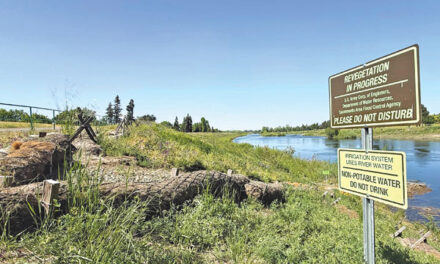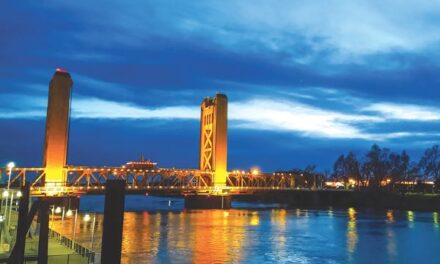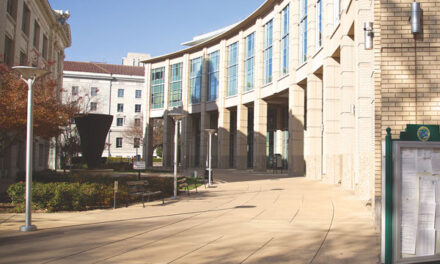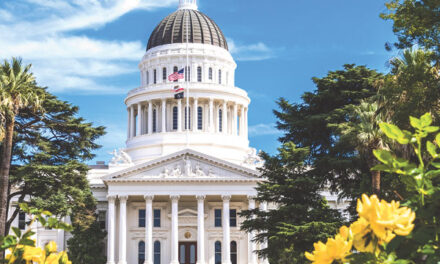I’ve reported on the Kings since 1984 when they played in Kansas City. I wrote a book about them a decade ago. It’s taken awhile, but I’ve finally figured out what they need.
The Kings need a casino next to Golden 1 Center. Macy’s might be perfect.
Everybody needs a casino these days. Wheatland has one. Ione has one. Lincoln has one. Even Elk Grove has one. Seven tribal gambling halls exist within an hour’s drive of the Capitol. They provide punters with 14,575 slot machines, 481 table games, and 54 bars and restaurants.
Who says that’s enough?
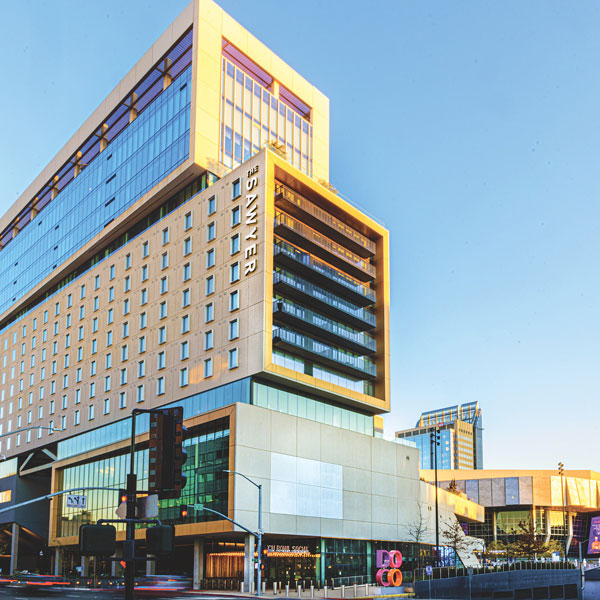
There are several reasons why the Kings need a casino. Start with economics. As a small-market team, the Kings struggle to develop and hang onto talent necessary to stay competitive in the NBA.
The Kings lack lucrative sponsorships enjoyed by teams in richer cities. As a government town, Sacramento boasts few corporate headquarters and tycoons indifferent to price tags on luxury suites. Local broadcast rights are limited by the market’s diminutive size.
It’s no coincidence all four ownership groups that managed the Kings since 1984 suffered financial hardships. Money troubles forced the first three partnerships to sell.
NBA franchises are glorious long-term investments. But profits only arrive when you sell the team. It’s almost impossible for a mediocre franchise to bank solid operating margins. The cost of doing business is too outrageous.
The current ownership, led by Vivek Ranadive, is the richest group to own the Kings, dating from their Royal start in Rochester, New York. But even this bunch sailed into rough seas.
After the pandemic, the Kings bought out small local investors and welcomed private equity firm Arctos Partners. The move would have violated NBA rules a few years ago.
The league loosened its objections to private equity because too many owners needed operating cash. It’s too soon to judge the impact of institutional investors, but this much we know:
Private equity isn’t like old-school car dealers and real estate guys who bought teams for bragging rights and courtside seats.
Private equity pursues profit. Nothing else. Institutional investors want to get in, build wealth, and exit. How this strategy fits into long-term NBA growth goals is a story yet untold.
There are other reasons why the Kings need a casino.
Hard to believe, but Golden 1 Center is nearing middle age. In another decade, the arena will be ready for Social Security and retirement.
Fans won’t notice anything wrong, but the owners will. They will compare the building to newer arenas and insist they need a replacement years before their 33-year mortgage is paid off.
The mortgage is another problem. Golden 1 Center was built in collaboration with the city. The deal proscribed an unusual payment plan. The first chunks of mortgage were paid mostly by the city. The team’s debt-service obligations increase every year.
By the end, the Kings will be responsible for most of the bond payments. When this occurs, the arena will be on its last legs, if it hasn’t already been demolished and replaced. A new arena will cost 10 times more than Golden 1 Center. Conservative estimate.
Money for top players and a new arena must come from somewhere. The Kings can’t count on the city again. The numbers are too big.
The answer? A royal casino next to the arena.
Sacramento area tribal casinos are the most successful in the United States. In 2022, California casinos made $11.9 billion. Why let Elk Grove and Lincoln drain money from Kings fans and city residents?
Building a casino isn’t simple. The Kings need a tribal partner, federal approval and a compact with the governor. There are 59 federally recognized tribes around the valley, and only 11 casinos between Colusa and Jackson. Once the Kings find a tribe with links to Sacramento, the path becomes clearer.
I didn’t mention sports betting, which should be legal in California by the time the Kings build their casino. Another reason to start today.
R.E. Graswich can be reached at regraswich@icloud.com. Follow us on Facebook and Instagram: @insidesacramento.






